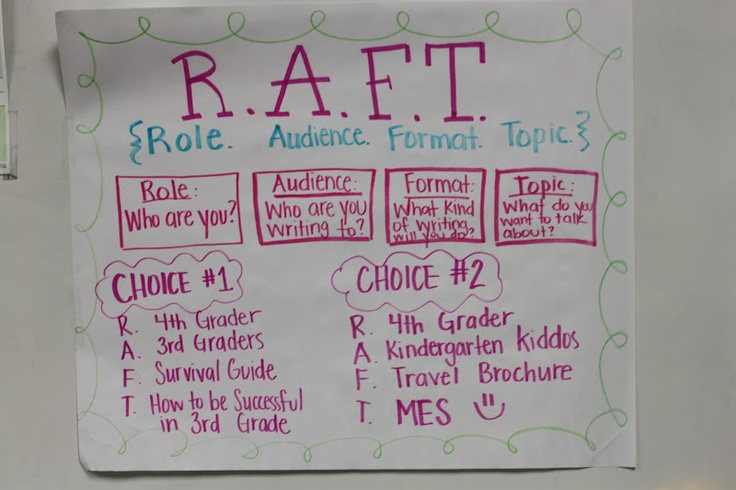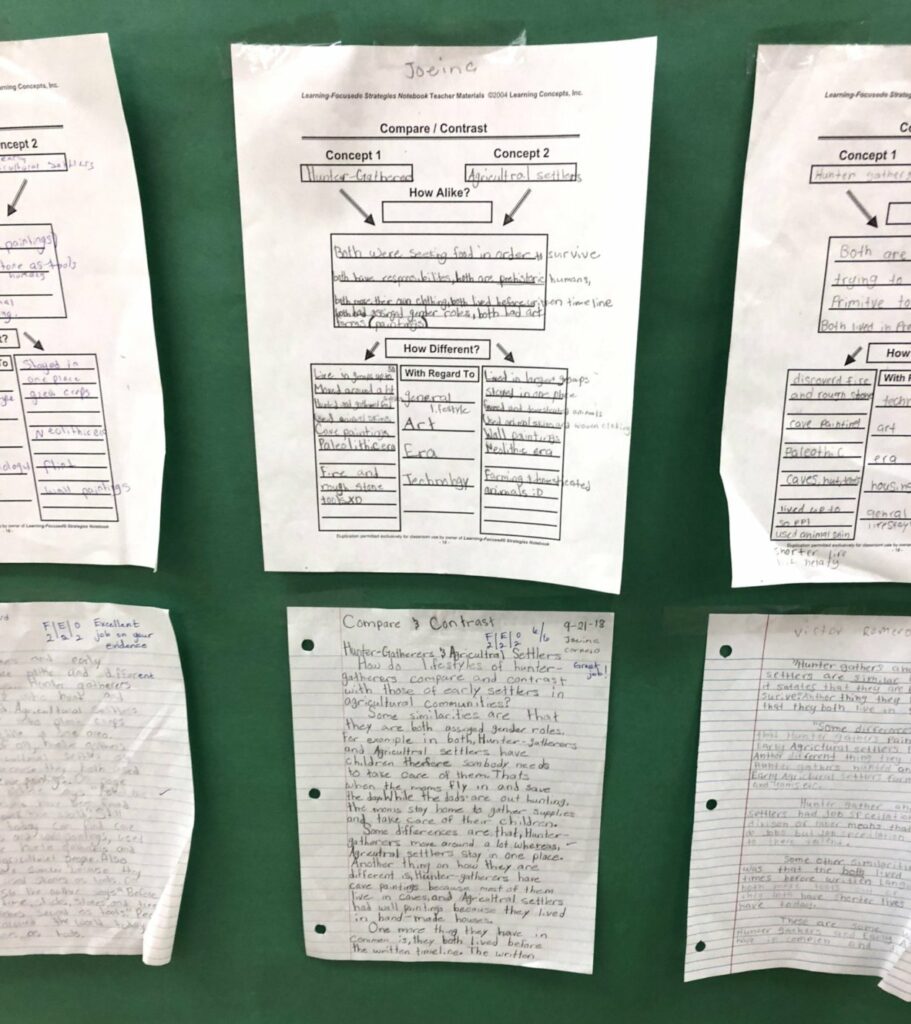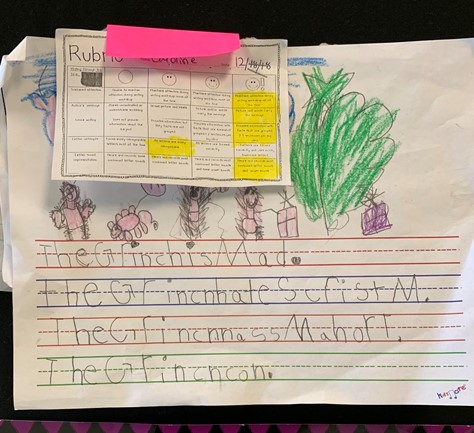Importance of Writing
Why is writing important? Students who are frequently expected to write increase their learning and achievement significantly. When students are asked to communicate their thinking through a cohesive writing product, it requires them to revisit their notes, synthesize information, organize their thoughts, and make their ideas clear to others. It is nearly impossible to write about something and think about something else. Writing deepens students’ understanding of the content, promotes deeper comprehension, and supports retention.
Imagine your classroom transformed. Students are actively engaged, thinking critically, and collaborating to construct a deeper understanding of diverse topics. This captivating learning environment is within reach by harnessing the power of summarizing, a transformable strategy applicable across all content areas. The Power of Student Summarizing Research consistently highlights the multifaceted benefits of summarizing: What…
Read MoreWhy is Writing to Raise Achievement so important to use throughout every lesson? Let’s start by explaining more about Writing Across the Curriculum. What Does “Writing Across the Curriculum” Mean? Writing Across the Curriculum refers to the notion that content area teachers reinforce the benchmarks that ELA teachers traditionally teach in their lessons. All teachers…
Read MoreWhy is RAFT writing one of the most effective writing strategies, particularly across all content areas and subjects? Before we share how it enables fluency and purpose, incorporates the elements of effective writing, provides students with a choice that is on grade level, and engages students to explain what they know and elaborate, let’s first…
Read MoreThe topic of Mindset, either growth or fixed, is one of the most discussed topics in classrooms, PLCs, and meetings over the last few years. The phrase “I can’t yet” is synonymous with our goal to improve students’ outlook of themselves and their learning. Before we go any further, I believe that conversations on and…
Read MoreCracking the Writing Development Code: Teaching Writing to Kindergarten, 1st, and 2nd Grade Students
Early literacy starts when students begin to scribble lines and shapes on their paper. This early form of writing is based on a student’s personal code, or their ideas about how to represent their ideas. To encourage a love for writing in young learners, we move through the following writing development phases: We begin with…
Read MoreWhy is writing such an important part of instruction? The Common Core Standards set the expectation that students will be adequately prepared for a 21st century economy and the demands of college and careers. In regards to writing, standards require students to “produce clear and coherent writing in which the development, organization, and style are…
Read MoreHow can students write to learn? As students learn new knowledge and skills, and then complete tasks to show mastery, they do two types of writing: writing to learn (during the lesson) and writing to inform (after the lesson, in the assignment). Robert Marzano wrote an interesting article in the February issue of Educational Leadership…
Read MoreHow is writing used in your school to raise achievement? How do you continue to show growth with your state assessments? We asked teachers in our turnaround schools that very thing, and we were not at all surprised to hear that the number one thing they all did was to go from only having students…
Read More







